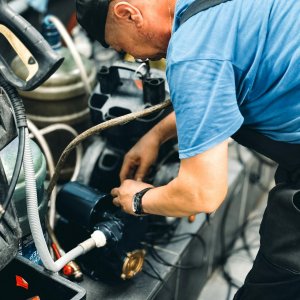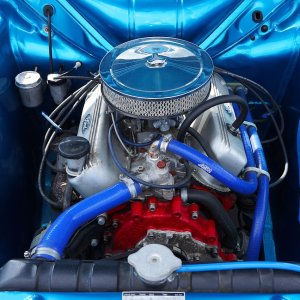
Queretaro’s Automotive Sector Faces Production Cost Increase
 By Rodrigo Andrade | Journalist & Industry Analyst -
Tue, 10/04/2022 - 08:51
By Rodrigo Andrade | Journalist & Industry Analyst -
Tue, 10/04/2022 - 08:51
The automotive sector’s future seems challenging, as semiconductor scarcity and logistic problems keep affecting global supply chains. The industry faces 15-20 percent price increases because of the overall increase in the cost of logistics and plant stoppages caused by semiconductor shortages, said Renato Villaseñor Mendoza, President, Queretaro’s Automotive Cluster.
"We have had a direct impact on costs between 15 percent and 20 percent globally due to the lack of supplies, logistics costs and energy issues, which has permeated not only Queretaro, not only Mexico, but the whole world," Villaseñor told El Economista. To tackle this, automakers are looking for ways to reduce production costs, especially by bringing suppliers closer to home.
The shift in suppliers could bring large opportunities to the region, as many components can be manufactured in the state, said Villaseñor. "In Queretaro, over 300 auto parts are being manufactured; it is not the same to manufacture a transmission as to manufacture a steering or braking system, a seat or a grill, a dashboard, which is why the supply chains are different," he explained.
At least two semiconductor manufacturers seek to invest in the state, announced Esaú Magallanes Alonso, State President, National Chamber of the Transformation Industry (CANACINTRA). Both companies "are just looking at the possibility of setting up here, in fact, we are just looking at it with SADEDSU so that they can take over what is missing. [The companies] will decide if they want to stay," said Magallanes, as reported by MBN.
Despite the challenges, Queretaro’s auto part production is expected to grow by 5 percent during the last months of the year, said Villaseñor. The region is home to over 300 automotive businesses including OEMs, Tier 1s, Tier 2s and R&D centers. Only in 2021, 12 new auto parts manufacturing companies joined the regional cluster.
Experts agree that it is critical for companies to be able to relocate supply chains closer to their manufacture and assembly plants, especially after the COVID-19 pandemic “highlighted the weaknesses from the interconnection of and dependance on a fully globalized supply chain that this model presents. Regionalization is now the answer, and we are seeing the positive impact of that in the North American region,” wrote Saulo Guzman, General Manager, Weland, for MBN.
















